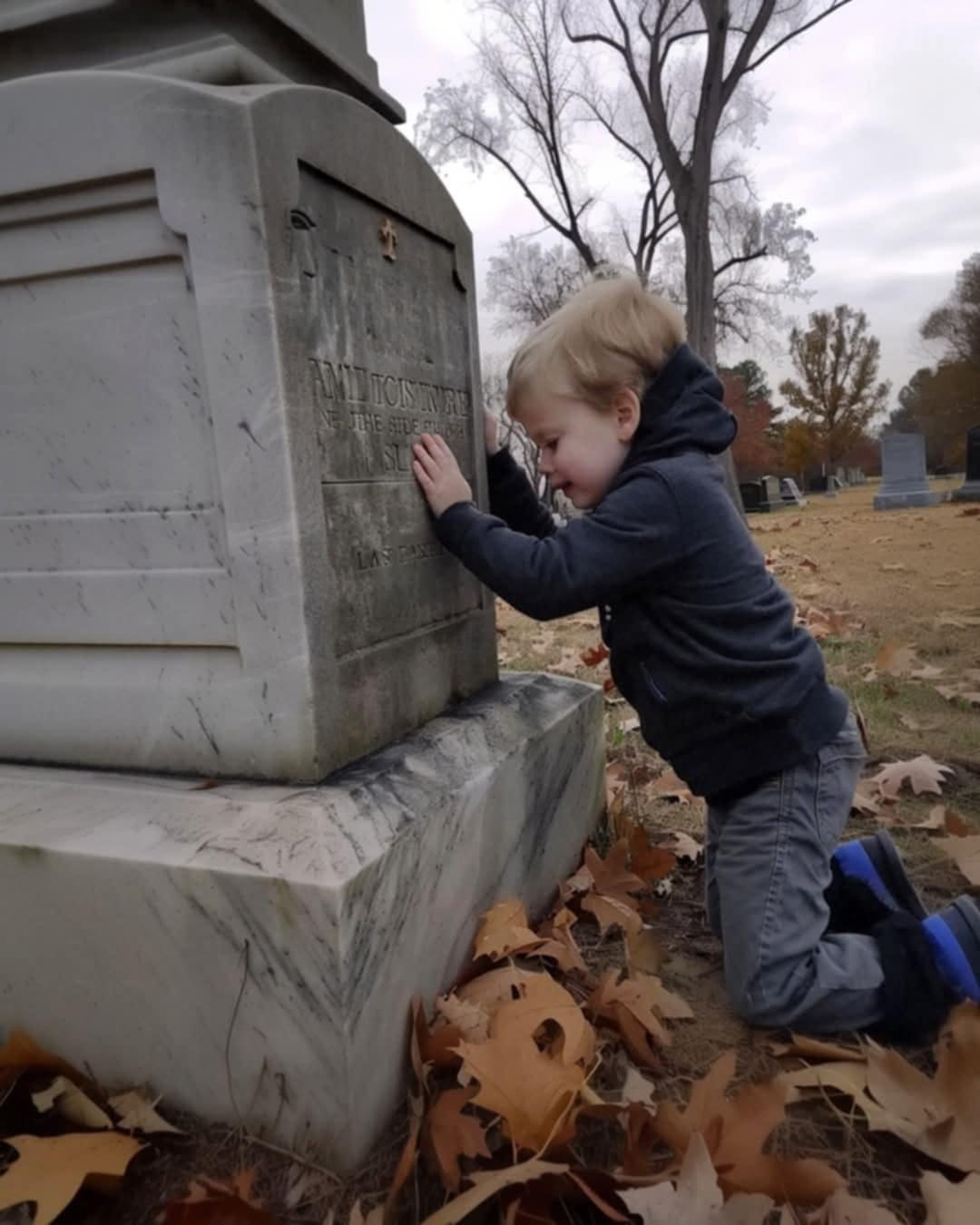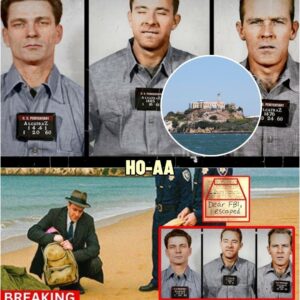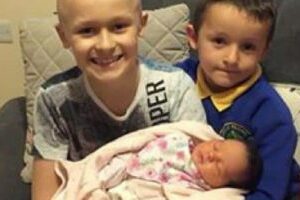
The Wesenberg family’s world was shattered one Sunday afternoon when their youngest son, Ted, tragically drowned in their swimming pool. What should have been a peaceful home turned into a scene of heartbreak. Paul, Ted’s father, dove in to save him, but it was too late. Despite frantic attempts at CPR and the efforts of paramedics, Ted couldn’t be revived. The grief was overwhelming.
Linda, Ted’s mother, was paralyzed by sorrow. She sat in silence at the funeral, pale and unresponsive. Days turned into weeks, and the home that had once been filled with laughter became a battleground of accusations.
Paul and Linda fought relentlessly, each blaming the other for Ted’s death. Amid their grief, they failed to notice Clark, their surviving son, who silently bore his own pain.
Clark missed Ted terribly. Without him, life felt empty, and his parents’ constant fighting only deepened his sadness. He longed for the days when his family had been happy, when his mother’s goodnight kisses and his father’s smiles filled their home. Now, only arguments and tears remained.
One evening, overwhelmed by the tension, Clark reached his breaking point. Bursting into his parents’ room, he pleaded, “Mom, Dad, please stop fighting! I can’t take it anymore!” But his cries went unheard. His parents were consumed by their own pain, too lost in grief and anger to listen.
Feeling abandoned and invisible, Clark made a heartbreaking decision. He gathered a handful of dahlias from the garden—flowers he and Ted had tended together—and left the house. He walked to the cemetery where his brother was buried.
At Ted’s grave, Clark poured out his sorrow. “I miss you, Ted,” he sobbed. “Mom and Dad don’t love me anymore. They don’t even care about me.” He sat for hours, finding comfort in speaking to his brother. As night fell, the cemetery grew silent, until rustling leaves startled him. Turning around, he saw a group of teens with torches, their faces hidden by hoods.
Fear gripped Clark, but before anything could happen, a loud voice boomed from the darkness: “Chad, leave the boy alone!” It was Mr. Bowen, the cemetery caretaker. He scolded the teens, who were simply playing a prank, and reassured Clark that he was safe.
Mr. Bowen led Clark to his nearby cabin, offering hot chocolate and a listening ear. The boy, feeling safe, opened up about his grief and his parents’ constant fighting. He confessed that he felt unloved and invisible.
Meanwhile, Paul and Linda realized Clark was missing and began to panic. As they searched the house, Linda recalled Clark’s words about “meeting Ted” and rushed to the cemetery.
When they arrived, they saw Clark through the window of Mr. Bowen’s cabin. They froze, overwhelmed with guilt and relief, as they overheard Mr. Bowen offering Clark comfort. “Your parents love you,” Mr. Bowen said softly. “They’re grieving in their own way, but that doesn’t mean they’ve stopped caring. You’ve all lost someone precious, and it’s hard. But love can heal what pain tries to break.”
Those words struck Linda and Paul deeply. They realized how much they had neglected Clark in their sorrow. With tears in their eyes, they rushed inside, embracing their son. “We’re so sorry, sweetheart,” Linda cried. “We love you, and we’ll do better.”
Paul knelt beside Clark, his voice breaking. “We lost Ted, but we can’t lose you too. You’re the light in our lives, Clark. Please don’t ever doubt that.”
From that moment on, the Wesenbergs vowed to honor Ted’s memory by focusing on the love they still shared. They sought counseling, learned to communicate better, and began to heal. Clark never forgot his brother, but he no longer felt alone. The love of his family became the bridge that helped them through their grief, proving that even in the shadow of loss, love could still shine.
Post Views: 33





